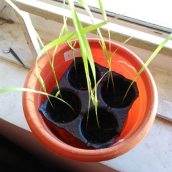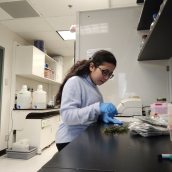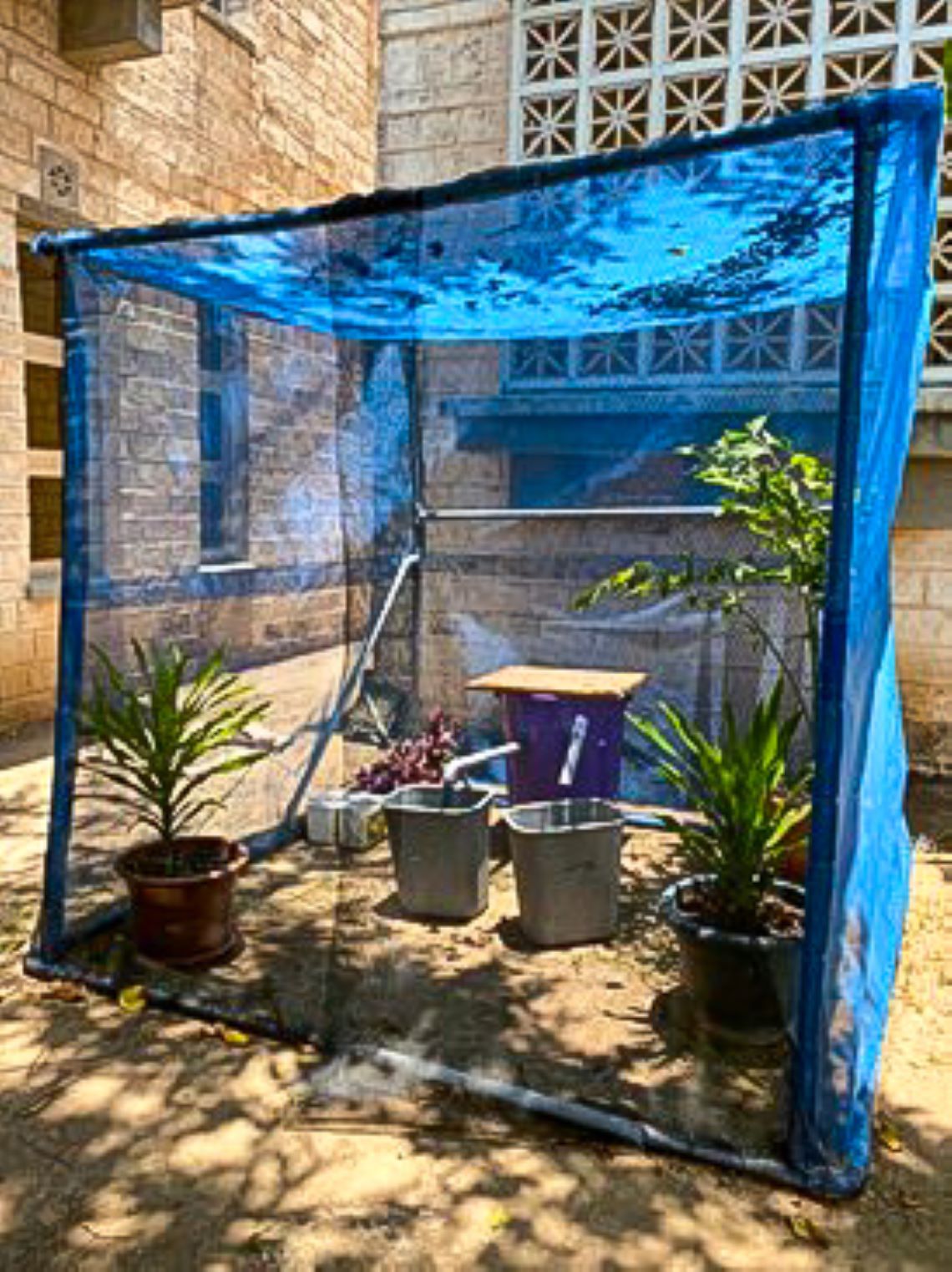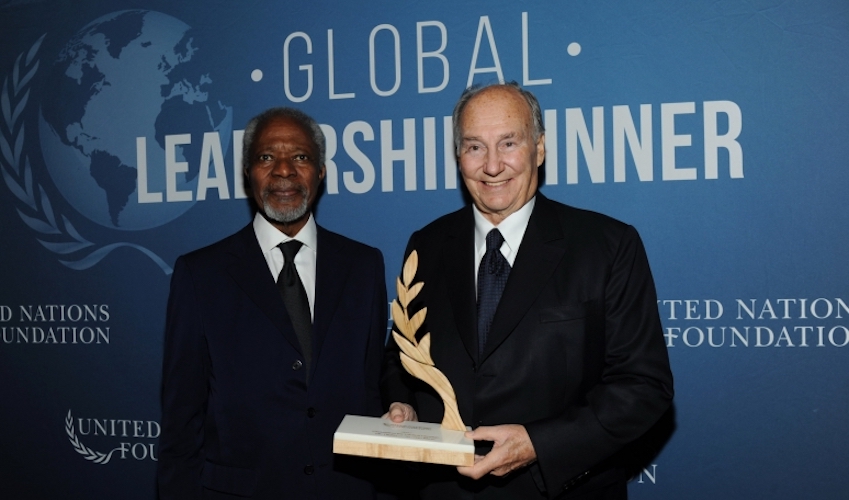University fair
Join us on Friday, 12 August at 3pm to meet with representatives from 11 United States universities. Click here for more information.
PLES - launch of Telangana Education Department partnership with the Academy
The Academy Outreach department started an intensive English language teacher training pilot this week for 30 government school teachers as part of a 3-year MoU with the state education department. Congratulations to the Outreach team!
Talent identification team in Mahbubnagar – Tuesday 7 March 2017
Over 100 promising students will be assessed for full Academy scholarships, as a result of KITE 2017’s creation of new opportunities for discovering gifted and talented children from Telangana state.
Summer of Innovation workshop - 10am, Sunday 2nd June
Parents & children are invited to participate in a foundation workshop on innovation hosted by the Telangana State Innnovation Cell at ACK ALIVE, Jubilee Hills. Sign up here.
Sarah Keshvani (Class of 2018): using biology to tackle environmental challenges
Sarah’s love for the sciences flourished during the Diploma Programme (DP) at the Academy in Hyderabad. Through her extended essay, she found the opportunity to learn more about how biology can provide solutions to modern challenges faced in local communities. She decided to tackle the issue of water shortages and soil nutrient deficiencies hindering large scale rice cultivation in the state of Telangana, leading to reduced crop yields. Due to zinc deficiencies in the soil, farmers resort to using huge amounts of fertilisers, which further degrade soil quality.
Sarah’s research centred on hydroponics as a possible solution to this problem. Plants are grown in water-based, nutrient solutions instead of soil.
“This technique has recently garnered a lot of attention because experiments have shown that growth is more than doubled when compared to traditional methods of agriculture,” Sarah explained. “Nutrient uptake is more efficient, and farmers can control the type of nutrients the plant is exposed to, in order to enhance different features of the yield. The use of water in hydroponics is still much more efficient than how it is used in open paddy fields that need to be covered in water during certain times of the crop cycle.”
Sarah’s conclusions were positive. Rapid growth was observed and the flexibility to control the nutrient uptake played a huge role in optimal plant health. She realised that a closed system would have provided more accurate results, as the higher evaporation rates disturbed the pH levels. Overall though, she deduced this technique could definitely tackle the challenges faced by paddy farmers.
“The IB curriculum followed at the Academy has played a pivotal role in building many essential skills for university life,” Sarah reflected when asked how she has settled into this new phase. “The emphasis on academic integrity and independence have served me really well here. I was taught to think critically rather than blindly follow textbooks. Its skill-based learning approach, and connecting classroom learning to the real world, also prepared me well for higher education.”





